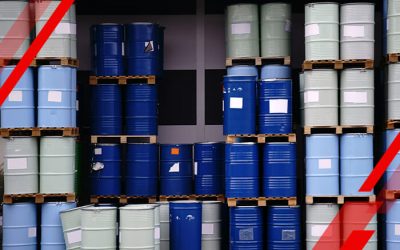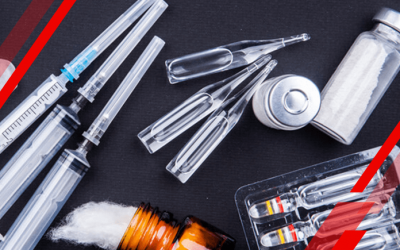If you’re the owner or manager of a moderately-sized retail store, you probably don’t consider yourself a RCRA hazardous waste generator. But in the eyes of the EPA, the chances are manifold that you are—and it’s their eyes that count, in a very big way.
Service Request
Have waste that requires compliant handling or disposal? Fill out our service form and an MCF Environmental Representative will get back to you quickly with next steps!
Please note we do not provide disposal services for household waste

















